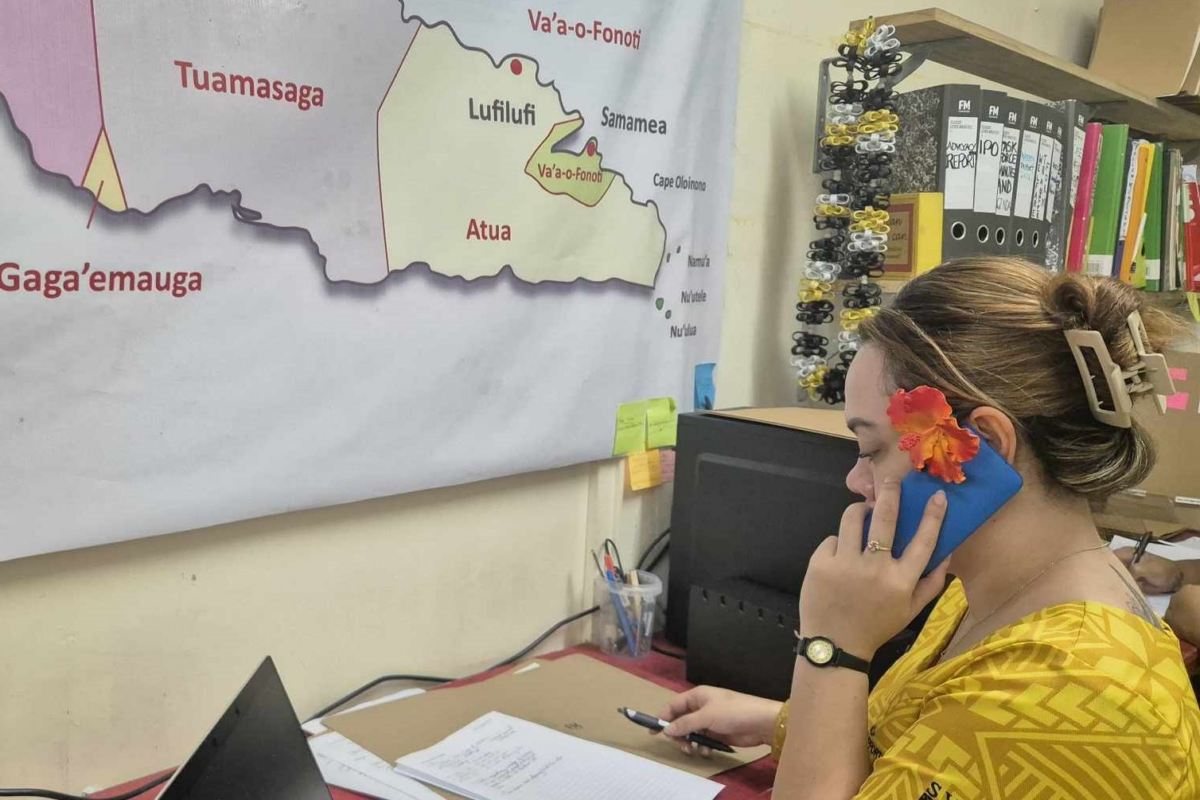
Is Suicide Decriminalised?
Uncertain
Are Crisis Lines Available?
Uncertain
National Suicide Prevention Strategy?
Yes
Population in Need of Support Per Year
Based on the WHO likely attempted suicide rate.
As a calculation of population size against suicide rate
Strength Of Support (Local Qualitative Assessment)
Population
Suicide Rate Per 100K Per Year, all Sexes (SDG 3.4.2)
Suicide Deaths Per Year (By Population)
Suriname, officially known as the Republic of Suriname, lies on the northeastern coast of South America. It offers a diverse landscape of tropical rainforests, pristine rivers, and expansive mangrove swamps. The country's vast and unspoiled natural landscape plays a pivotal role in the economy, particularly eco-tourism and forestry,
Suriname is home to a diverse population, with Javanese and Maroon communities among the most prominent. The Javanese culture includes traditional music and dance. The Maroons, descendants of Africans in the Americas, are known for their vibrant art and connection to nature.
Christianity, Hinduism and Islam are the largest faiths in Suriname, followed by Afro-Surinamese spiritual practices. Together, they create the country's colourful religious tapestry.
The legal system in Suriname combines Dutch Civil Law and Customary Law. Suriname inherited colonial-era laws from the Netherlands. During that time, suicide was a crime. Although the Dutch decriminalised suicide in 1886, it wasn't removed from the Catholic Canon Law until 1983, and has remained in the corpus of other laws around the world.
The World Health Organization (WHO) advocates decriminalising suicide and suicide attempts. Learning more and then removing such laws removes stigma and allows avenues for providing appropriate mental health support to individuals in crisis.
Criminalising suicide punishes distress. Decriminalising suicide saves lives.






